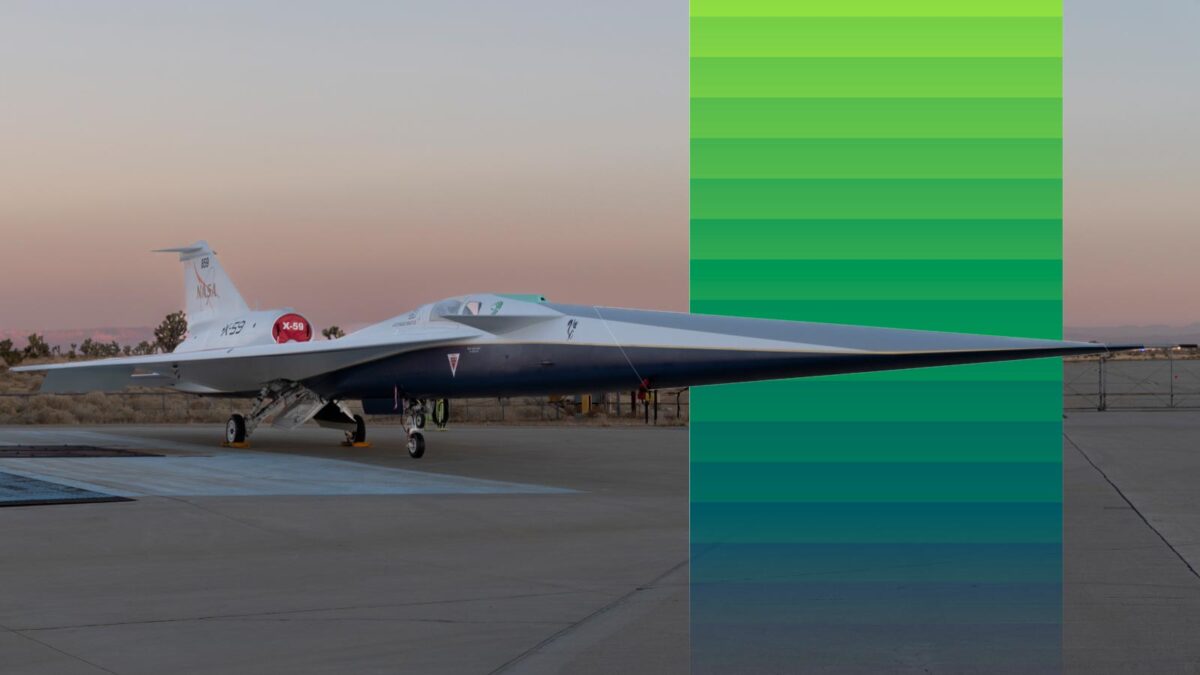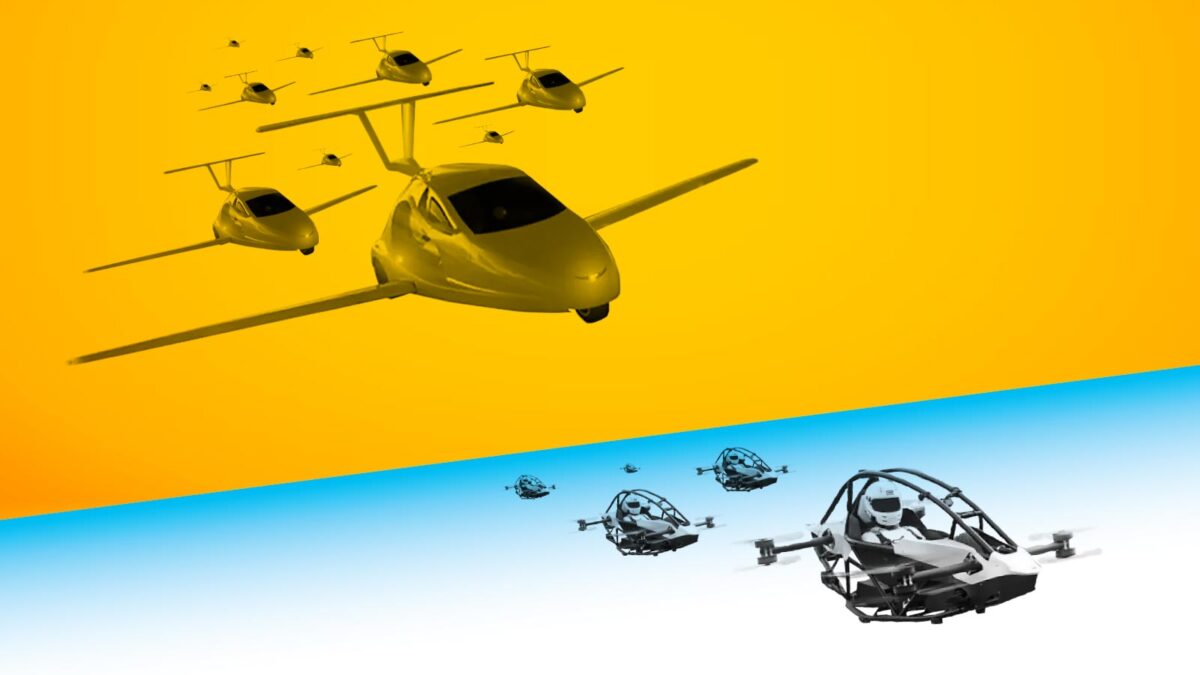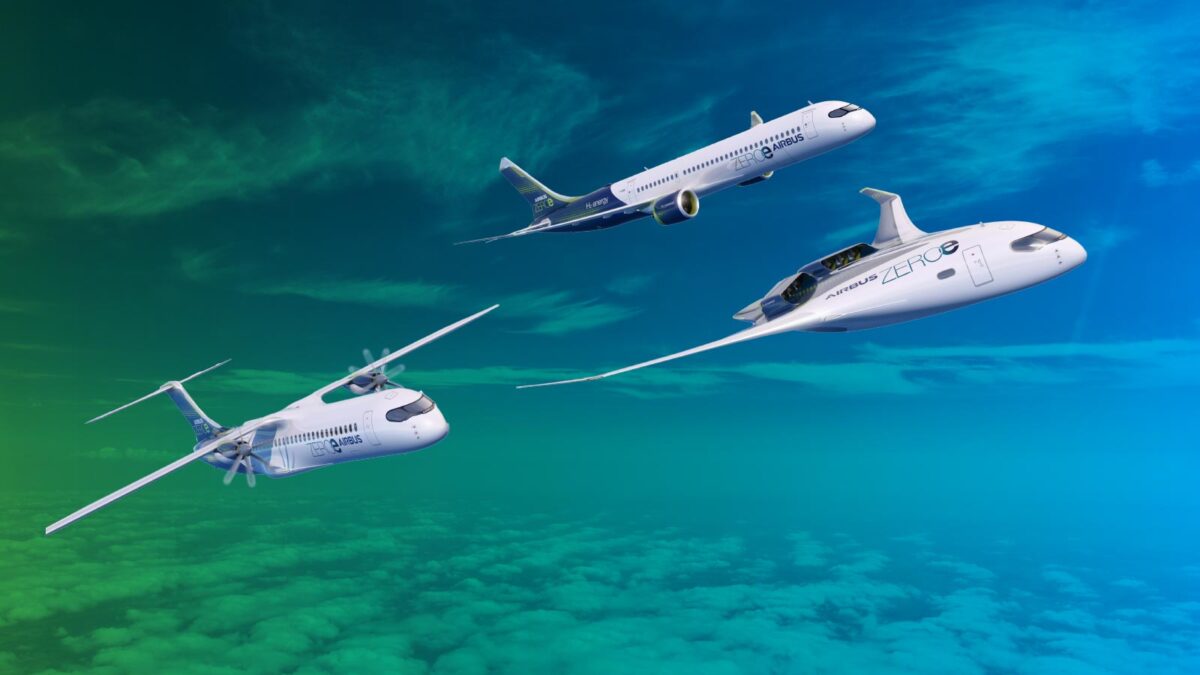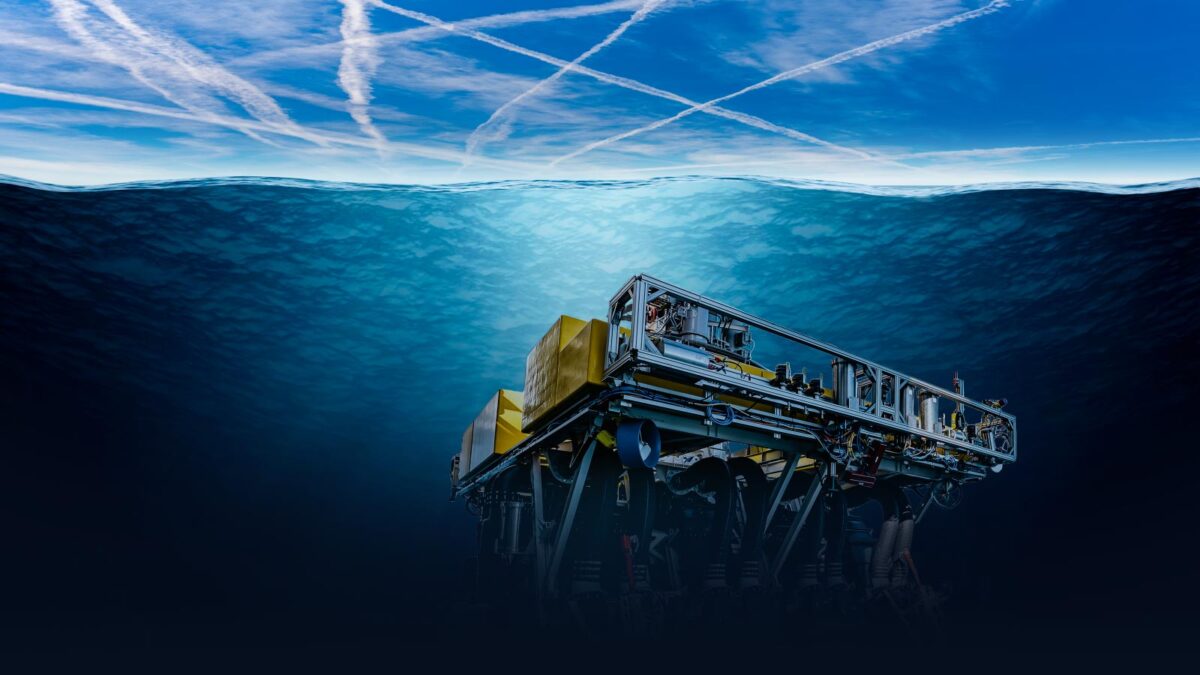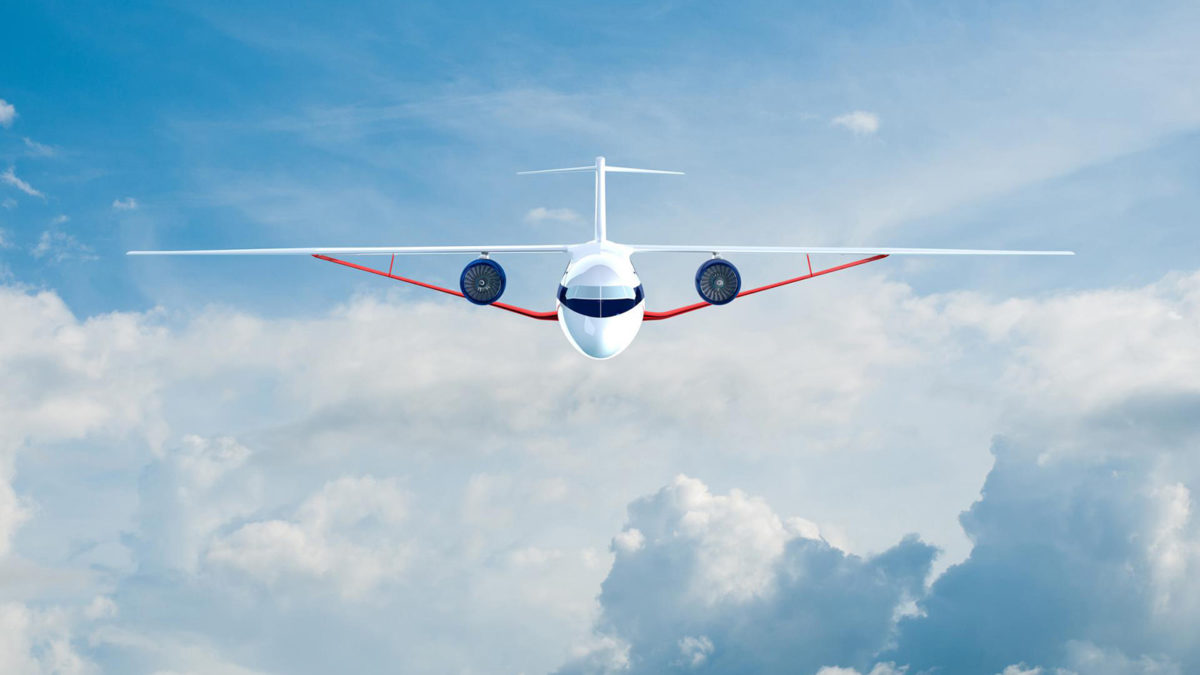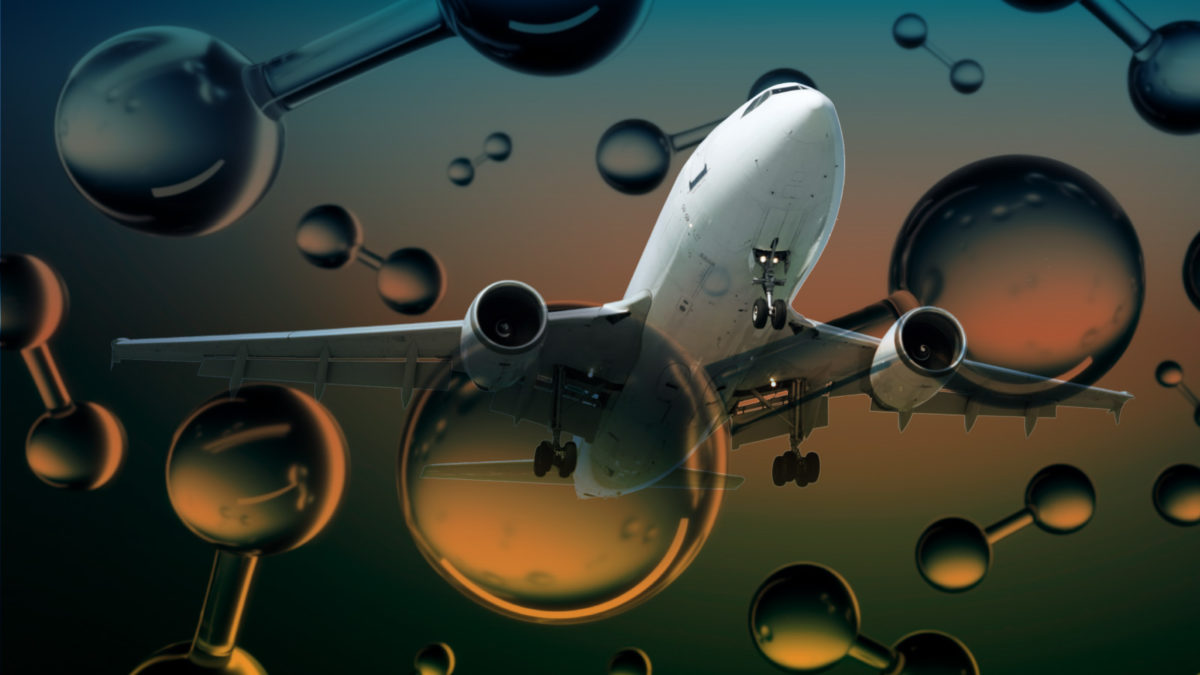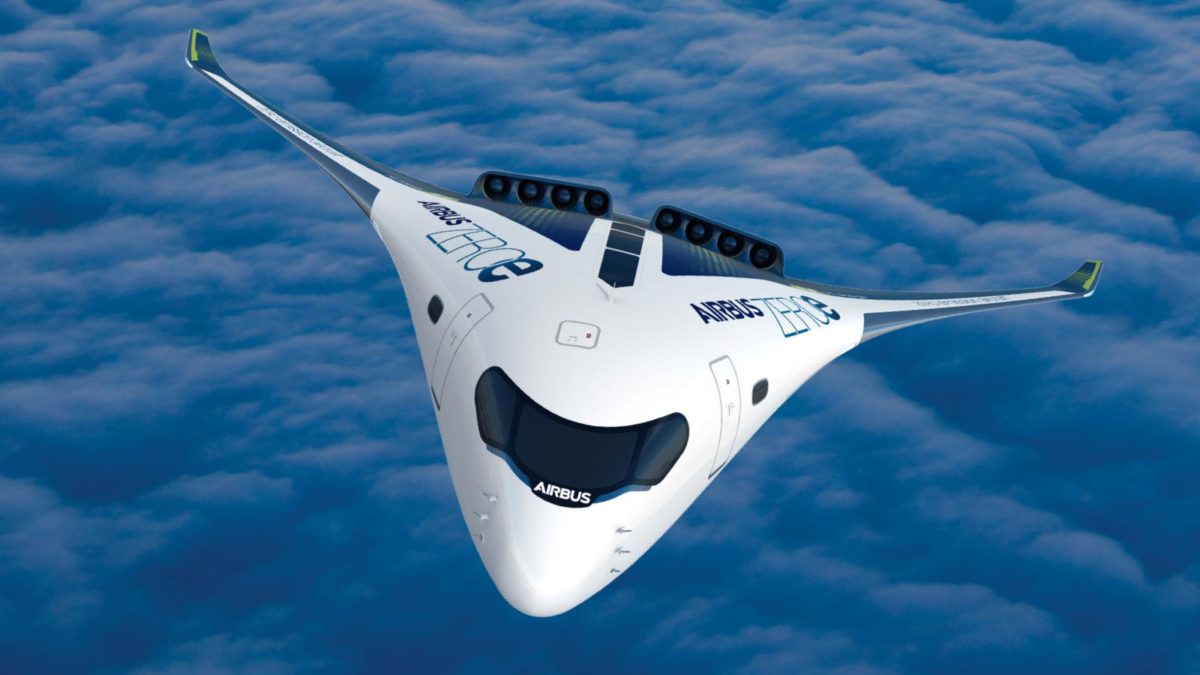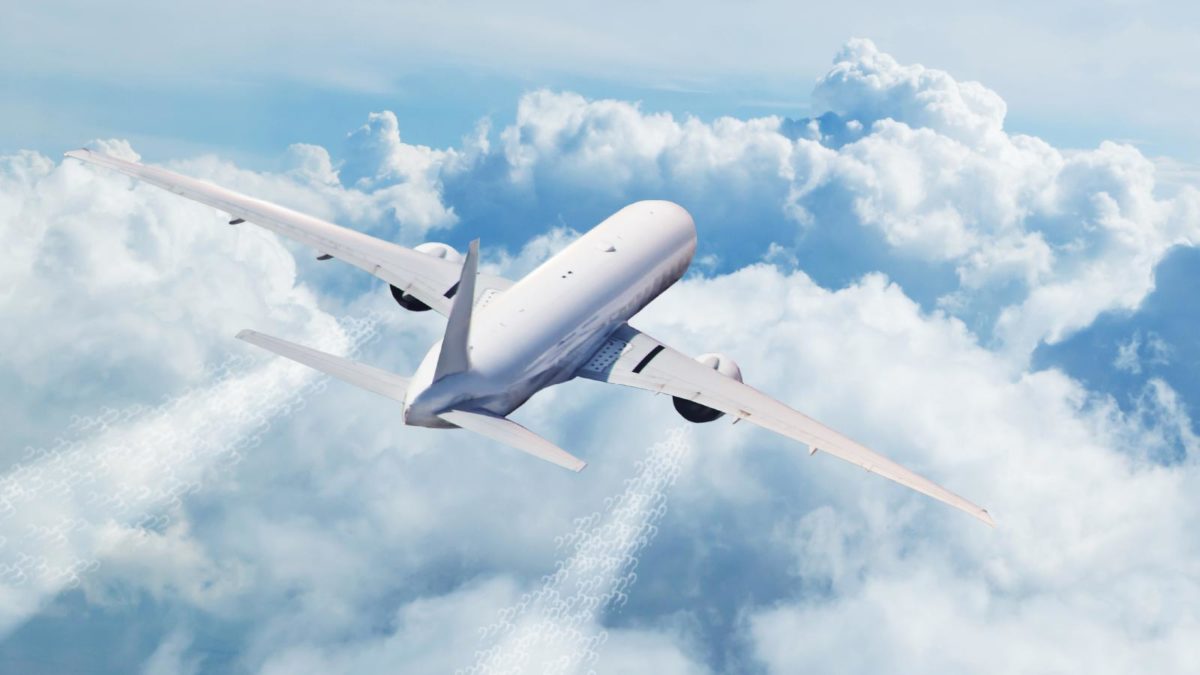By Keith Button
July 1, 2024
To reach carbon emission targets for air transportation, the core machinery of jet engines will need to burn less fuel. NASA and GE Aerospace are combining their resources toward a planned demonstration of technology to do it. Keith Button spoke to those leading the effort.
By Keith Button
March 1, 2024
By Keith Button
February 1, 2024
Aerospace engineers want to help us all get where we’re going faster — possibly at supersonic speeds. Many also care deeply about environmental sustainability. Can this conflict be resolved? Keith Button looks at the science.
By Aaron Karp
February 1, 2024
Will we ever own aircraft the way we own automobiles? Market forecasts, a proposed rule from FAA and recent test flights suggest that personal air vehicles could be coming. Aaron Karp tells the story.
By Aaron Karp
November 1, 2023
The two companies that manufacture the vast majority of the world’s airliners, Airbus and Boeing, have diametrically opposed visions about the kind of aircraft and fuels that will be required if the air transport industry is to achieve net-zero carbon emissions by 2050. In our September issue, we took a close look at Airbus’ vision, “A Manhattan Project for the climate.” Now, Aaron Karp looks at Boeing’s thinking.
By Paul Marks
September 1, 2023
Even if a new breed of aircraft powered by hydrogen were available by 2035, that might not be fast enough to help much with the industry’s goal of reaching net-zero carbon emissions by 2050. Paul Marks takes us inside the technical challenges facing hydrogen aircraft — and the case for vastly increasing the resources currently applied to the necessary technologies and infrastructure.
By Keith Button
June 1, 2023
Researchers are beginning to weigh the environmental trade-offs associated with decarbonizing air travel by switching to hydrogen combustion, hydrogen fuel cells and lithium batteries. Keith Button tells the story.
By Moriba Jah
May 1, 2023
By Jon Kelvey
April 1, 2023
By Paul Marks
April 1, 2023
The emergence of SpaceX’s massive and reusable Starship rocket, alongside advances in robotic spacecraft assembly, could finally fuel the sci-fi dream of spacecraft collecting all the solar energy humanity will ever need and beaming it down to Earth in the form of microwaves for conversion into limitless carbon-free electricity. Paul Marks spoke to the developers hoping to make this dream reality.
By Cat Hofacker
March 1, 2023
What’s the solution for achieving net-zero air travel by 2050? Hydrogen? Electrification? Rushing sustainable aviation fuel into today’s jets? At least part of the answer could take flight in 2028. Cat Hofacker looks at the history and promise of Boeing’s Transonic Truss-Braced Wing demonstrator.
By Cat Hofacker
February 1, 2023
By Moriba Jah
February 1, 2023
By Paul Marks
October 1, 2022
By Karen Kwon
May 1, 2022
The airline industry is anxious to get on the right side of the climate change issue sooner rather than later. Karen Kwon tells us about a fuel with a limitless feedstock that could be the way to net-zero, provided it can be produced in high enough quantities.
By Cat Hofacker
March 1, 2022
By Alyssa Tomlinson
January 1, 2022
Moving about by trains, automobiles and aircraft began without consideration for the environmental effects of the emissions from these machines. Is humanity about to repeat this disregard, this time for transportation to space? Perhaps, but it doesn’t have to be that way. Alyssa Tomlinson tells the story.
By Keith Button
August 24, 2021
The air transport industry lacks enough suppliers of sustainable aviation fuel to meet the anticipated demand as airlines become more aggressive about reining in their carbon footprints and more travelers take to the air. Keith Button describes one company’s unique approach to meeting the demand.
By Cat Hofacker
June 1, 2021
Steve Csonka
By Ben Iannotta
June 1, 2021
By Keith Button
June 1, 2021
The world’s top two commercial aircraft manufacturers have radically different views about how to curb the carbon footprint of air travel between now and 2050. Airbus’ vision of developing hydrogen-powered aircraft for all but the longest routes has produced an air of excitement, while Boeing’s caution about hydrogen could provide a reality check. Keith Button spoke to executives from both companies. Here is what he learned.
By Keith Button
May 1, 2021
As surprising as it might be, contrails exceed carbon dioxide as jet travel’s greatest contributor to global warming. Reduce the contrails, and you could immediately soften the sector’s climate impact. Achieving that could be the hitherto unspoken benefit of shifting aircraft to sustainable aviation fuels derived from crop residue or food waste. Keith Button spoke to scientists who are measuring the effects.
By Cat Hofacker
April 1, 2021
By Ben Iannotta
April 1, 2021
April 1, 2021
The air transportation sector once believed that the best it could do globally speaking would be to reduce its net-carbon output by 50% below 2005 levels by 2050. That view placed the sector out of sync with what the United Nations has called a “global rallying cry” and “race” toward a net-zero economy by 2050. Now, a shift is underway that could sync up the sector with those embracing the more ambitious goal.
By Cat Hofacker
February 1, 2021



